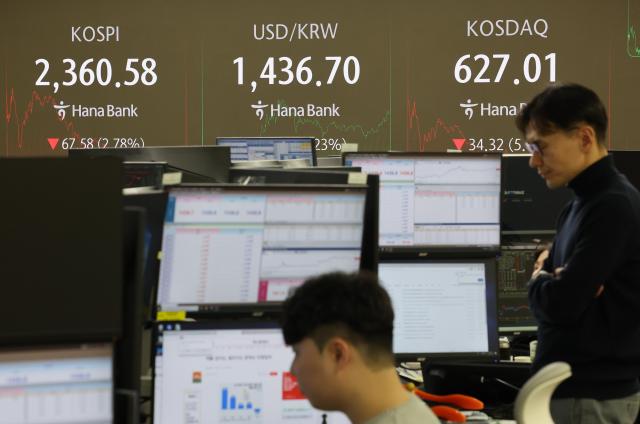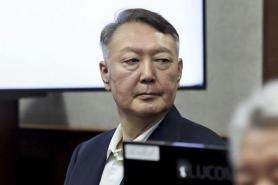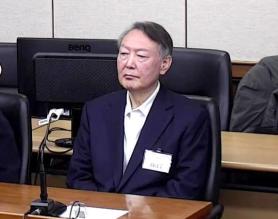
SEOUL, December 9 (AJP) - South Korea's financial markets took a sharp hit Monday as the nation grappled with political uncertainty following President Yoon Suk Yeol's martial law declaration last week.
The Korean won tumbled against the U.S. dollar, nearing the 1,440 mark, and stock indices plunged to year-to-date lows.
The won closed at 1,437 per dollar, marking its weakest level since October 2022. During intraday trading, the exchange rate reached 1,438.3, sparking concerns over prolonged currency depreciation.
Market analysts attributed the won's slump to heightened uncertainties in domestic politics.
"The ongoing political turmoil could drive foreign capital outflows and elevate exchange rate volatility," said Oh Jae-young, an analyst at KB Securities.
Oh added that the won could range between 1,390 and 1,450 in the short term, reflecting fears of sustained market instability.
The KOSPI index fell 2.78 percent to close at 2,360.58, its lowest level in over a year. The tech-heavy KOSDAQ plunged 5.19 percent to 627.01, a low not seen in nearly five years.
Retail investors led the sell-off, offloading about 1.2 trillion won ($838 million) worth of shares across both markets. This marked a two-day net selling spree totaling nearly 1.95 trillion won.
"The rejection of the impeachment bill (on Saturday) has intensified concerns over policy inertia, dampening investor sentiment," said Lee Kyung-min, a researcher at Daishin Securities.
The National Assembly's attempt to impeach President Yoon the martial law declaration failed on Saturday, as the motion fell short of the required 200 votes due to a boycott by the ruling People Power Party.
Market capitalization losses exceeded 144 trillion won since the imposition of martial law last Tuesday.
The Ministry of Finance and the Bank of Korea convened an emergency meeting to address market instability. Finance Minister Choi Sang-mok announced plans to deploy a stock stabilization fund, with 1 trillion won in phased injections planned for the coming weeks.
International observers warn of broader economic fallout. "Unlike previous impeachment episodes in South Korea, this political uncertainty coincides with global headwinds, including China's slowdown and U.S. trade policy unpredictability," said Kwon Goo-hoon, an economist at Goldman Sachs.
In contrast to the stock and currency markets, cryptocurrencies showed resilience. Bitcoin traded around 139.8 million won ($104,500) on South Korean exchanges, buoyed by optimism over U.S. President-elect Donald Trump's pro-crypto policies.
U.S. Bitcoin exchange-traded funds (ETFs) saw nearly $10 billion in inflows since Trump's election victory in November, according to Bloomberg.
Copyright ⓒ Aju Press All rights reserved.



